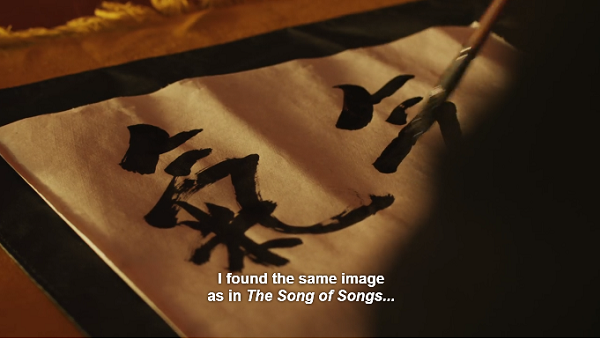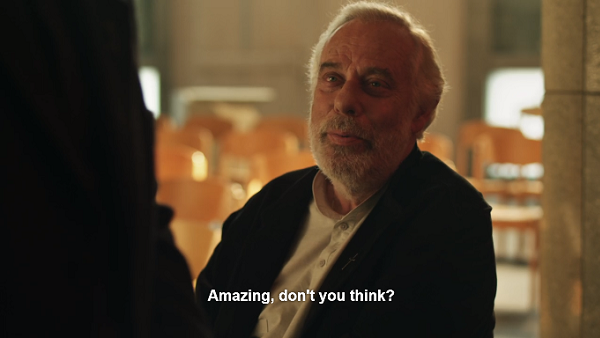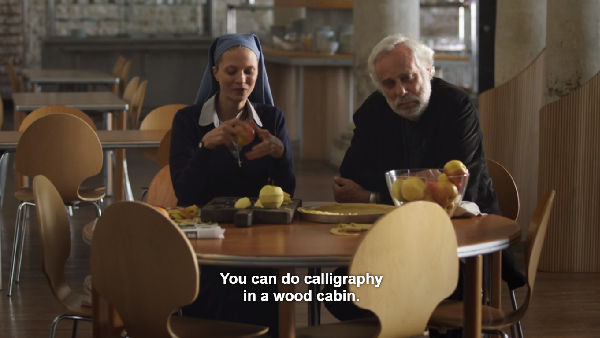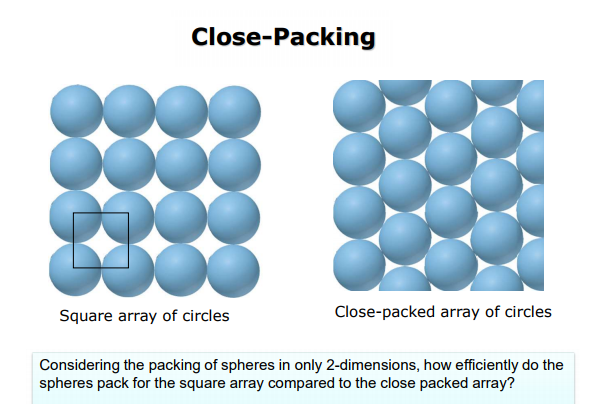Sunday surprise — Li Bai and the Song of Songs
Sunday, March 11th, 2018[ by Charles Cameron — it’s all about a scarlet thread and some corks in a current ]
.
I have plenty of idle time between naps, and was binge watching The Churchmen on Netflix. Plus it’s a Sunday..
**
As you know, I track “twins” in events and quotations, mainly for sheer aesthetic pleasure, but also partly as an analytic tool — believing as I do that “two is the first number” and often a leading-edge clue to pattern, meaning, significance.
I’m used to finding others who have noted these twins or “DoubleQuotes” as I call them — “DoubleQuotes in the Wild” — but I’m not sure I’ve ever run across a clear description of someone else noting them, let alone in a scholarly manner that bridges the secular west and spiritual east — but lookee here!
**
Amazing indeed! And what a line! Your lips are like a thread of scarlet! worthy of Li Po, worthy indeed of the Song of Songs!
I’d have been very chuffed if I’d run across the same doublet between Li Bai – better known to me as Li Po — and the Song of Songs — which, by the way, is Solomon’s.
**
Li Po, who, drunk and out in a shallow boat, saw the moon reflected in the Yellow River, leaned over to kiss it, and drowned..
Solomon — but you know the story — seated in judgement, ordered a child be cut in two when two women claimed to be its mother — then commanded it be given to the one whose shocked pure love begged him to deliver it to the other.. wisdom as the test of love!
**
The discoverer of the binary “Your lips are like a thread of scarlet!” is a brilliant, generous-hearted, flawed founder and leader of a seminary in France who displeases ambitious Vaticanisti, is offered a choice of disgrace (on account off his flaws) or (as an “out”) a posting to an obscure but copacetic position in Shanghai..
A conversation ensues, in which he discusses his options with the nun who serves as his assistant:
The nun ancourages him to consider the Shanghai option..
That option has a certain seductive charm — following that scarlet thread.. but it represents being “bought off” rather than sticking by one’s guns come what may, and somehow weathering the consequences.
**
Our nun reflects:
And that’s an interesting idea.
At first glace it seems fatalistic — but that current moving the corks — the seminarians, the nun herself, the priest she serves, an ambitious president of the Franch bishops, various monsignori and a pope – maybe Christ, too? — has its own flows and undertows — a priest’s flaws included. It’s a complex system.
The corks are afloat in a complex system. A scarlet thread traces its curve in the complex system, from contemporary France to eighth- century China.
**
And when you’re afloat in a complex system — as we all are — “go with the flow” may be sound advice. That’s why the “corks in a current” idea seems so interesting to me. Sunday surprise!


















